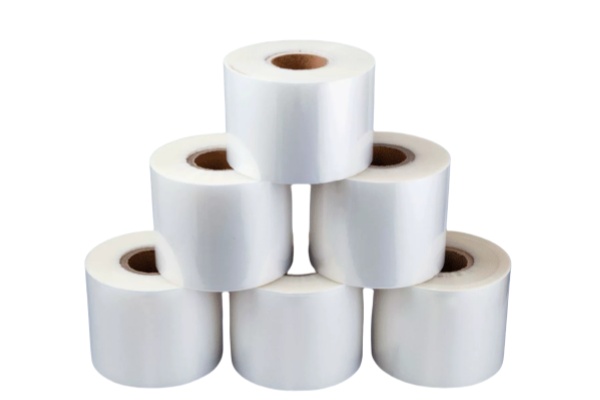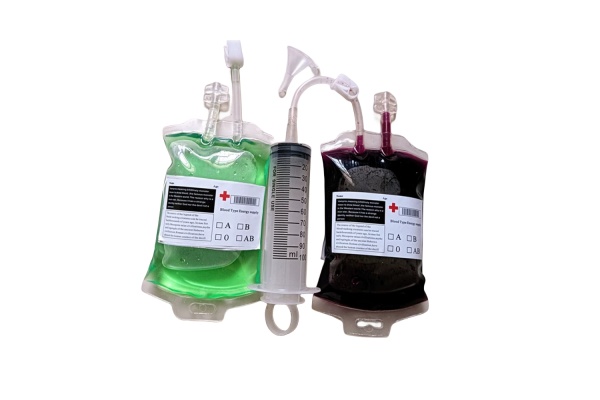PA-EVOH Based High Barrier Biological Bag Film
Biological bag film, also known as disposable bioreactor bag film or biotreatment bag film, is a specialized bag film for biohazard manufacturing and laboratory processes. These films are made from biocompatible materials, such as polyethylene or polypropylene, that are sterile and flexible enough to support cell culture and fermentation processes.
Biological Bag Film are typically used for the following applications:
Cell culture: They provide a controlled environment for the expansion and maintenance of mammalian, insect, or microbial cells. These bag films can be used to produce recombinant proteins, antibodies, vaccines and other biopharmaceuticals.
Microbial fermentation: They support the growth and production of bacteria, yeast or other microorganisms used in various industrial processes. These bag films are suitable for the production of enzymes, antibiotics, biofuels and other microbial products.
Stem cell cultures: They provide a sterile, controlled environment for the expansion and differentiation of stem cells for research or therapeutic purposes. These bag films are used in regenerative medicine, tissue engineering and other stem cell applications.
The disposable bioreator bag film design features such as inoculation, sampling, and culture-adding ports, as well as built-in sensors to monitor and control important parameters such as temperature, pH, dissolved oxygen, and agitation. After use, the bag films can be safely disposed of without the cleaning and sterilization procedures associated with conventional bioreactors.
What is the material of disposable bioreactor bag film?
Disposable bioreactor bag films are container films specifically designed for the culture and growth of cells, microorganisms, and other biological materials. They are commonly used in various applications in the biopharmaceutical and biotechnology industries, such as fermentation, cell culture, viral vector production, and vaccine manufacturing.

